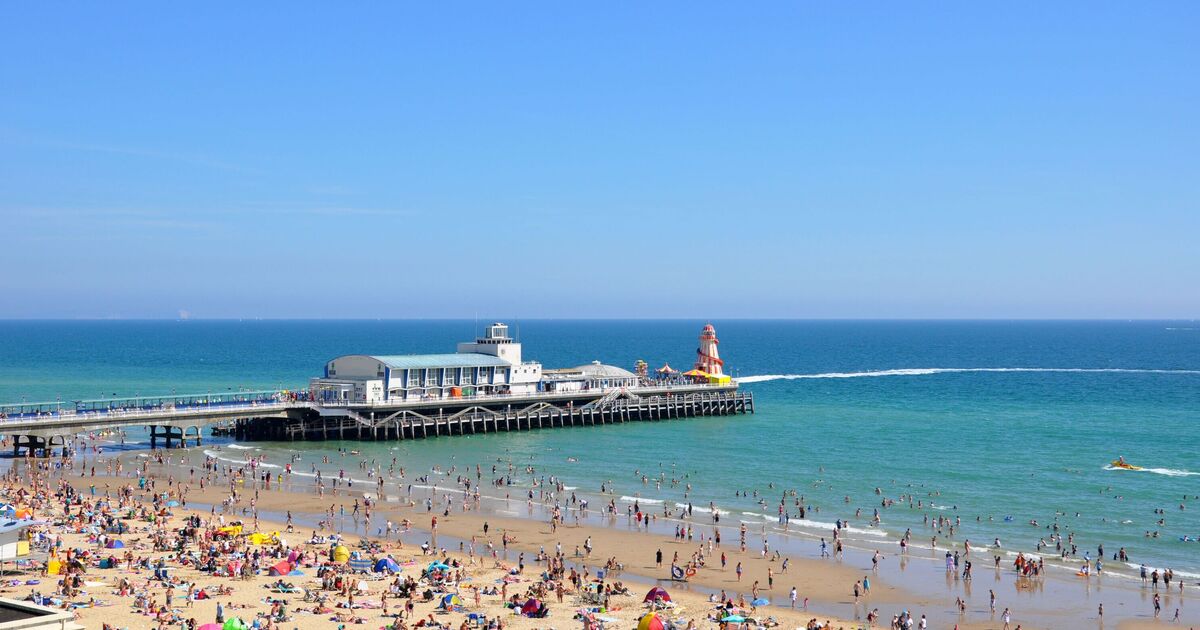Once celebrated as a sun-soaked jewel of Britain’s south coast, popular with beach-seeking families and stag-and-hen-party revellers, Bournemouth is now facing a storm of crime fears, public disorder, and deep local division.
Residents say parts of the resort have become no-go zones after dark, with reports of antisocial behaviour, violent incidents, and rising tensions linked to three seafront hotels housing asylum seekers. In one street alone, Meyrick Road, two of the town’s historic hotels, the Britannia and the Roundhouse, have reportedly seen a combined 91 criminal charges brought against migrants staying there. The nearby Chine Hotel allegedly adds another 25 charges, bringing the total to 116 against 51 asylum seekers.
While many of the offences involve alleged assaults, locals say the broader problem is the change in atmosphere. “I used to walk comfortably in the evening, but I don’t go out now,” one resident told Daily Mail. “It’s not the same place… especially for women late at night.”
Local Adam Elcock added: “Walking through town, it is a very different place now.
“The whole atmosphere, the people wandering around that clearly aren’t local, the way that they treat…It is quite literally the Wild West here, and the place is out of control.”
Security patrols and a visible police presence have become commonplace in the once-bustling area. Recent months have also seen protests flare outside the hotels, with anti-immigration groups clashing with pro-migrant demonstrators. Riot police were deployed in July after around 300 activists flooded Meyrick Road, echoing unrest seen in other UK towns hosting asylum accommodation.
Bournemouth’s Labour MP Tom Hayes has urged the government to close at least one of the three hotels, warning that the situation threatens the town’s already struggling tourism trade.
The Home Office, which oversees asylum housing, says it has reduced the national number of such hotels from over 400 last year to under 210, and plans to shut them all by the end of the current Parliament.
Yet some visitors and locals defend the asylum seekers, calling for compassion and integration rather than hostility. Others insist the hotels are only part of a wider decline in the town, citing drug use, alcohol-fuelled fights, and litter-strewn streets.
As summer draws on, Bournemouth finds itself at a crossroads — caught between its postcard-perfect image and the realities of a community grappling with fear, division, and uncertainty about what the future holds.
